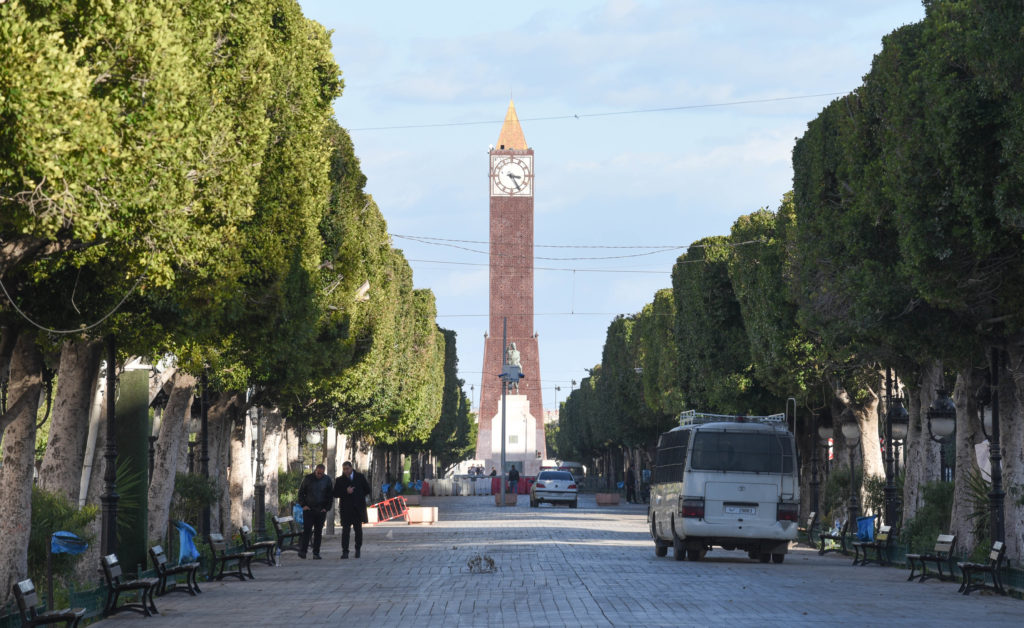São Paulo – The Tunisian economy is projected to grow by 3.8% in 2021, following a contraction of 8.2% in 2020, as per an International Monetary Fund (IMF) report on the country. The Fund commended the authorities’ policy response to the crisis but warned that this growth projection depends on the duration and intensity of the COVID-19 and the timing of the vaccination.
The Fund says the pandemic led to an unprecedented economic downturn in Tunisia, the largest economic downturn since the country’s independence. The unemployment rate jumped to 16.2% at end-September. Inflation slowed because of the contraction in domestic demand and lower international fuel prices. The current account deficit narrowed to 6.8% of Gross Domestic Product (GDP), driven by lower imports and resilient remittances, despite a strong hit on exports and collapsing tourism receipts.
Additional hiring in Tunisia’s health sector to combat COVID-19 made the civil service salary bill increase. According to the World Health Organization (WHO), Tunisia has recorded 233,000 coronavirus cases and 8,000 deaths. The North African Arab country has 12 million residents.
- You may also enjoy reading: Tunisia, Morocco are digital economy standouts
The IMF says in its report that the medium-term outlook depends on the future path of fiscal policy and structural and governance reforms. The executives stressed there are considerable downside risks around this projection. They agreed that the country’s priority is to save lives and livelihoods and stabilize the economy until the pandemic wanes.
To reduce the fiscal deficit, the IMF underscored the need to lower the wage bill and limit energy subsidies while prioritizing health and investment expenditure and protecting targeted social spending. The Fund emphasized that broad ranging reform of state-owned enterprises is necessary and encouraged the authorities to adopt a plan to reduce fiscal and financial risks, strengthen governance, and improve financial reporting and transparency.
The IMF stressed that Tunisian monetary policy should focus on inflation by steering short‑term interest rates, while preserving exchange rate flexibility. The body underscored that promoting private sector activity is key to increasing potential growth and making it more job-rich and inclusive. The Fund welcomed the efforts to increase financial inclusion and leverage digital technologies.
In recent years, before the effects of the COVID-19 pandemic, Tunisia had posted a strong economic growth and good indicators. According to IMF, the GDP growth reached 1.9% in 2017, 2.8% in 2018, and 1% in 2019. Inflation remained stable from 5.3% to 7.3% from 2017 to 2020. Foreign direct investment reached 2% of the GDP in 2017, 2.5% in 2018, 2.1% in 2019, and 1.6% last year.
Translated by Guilherme Miranda




